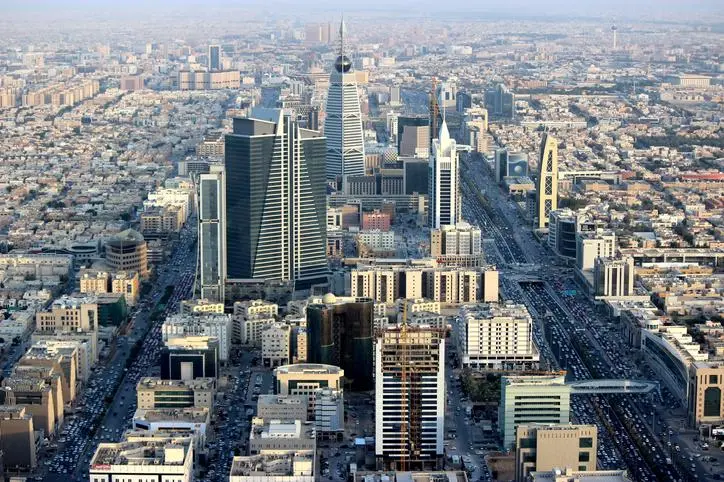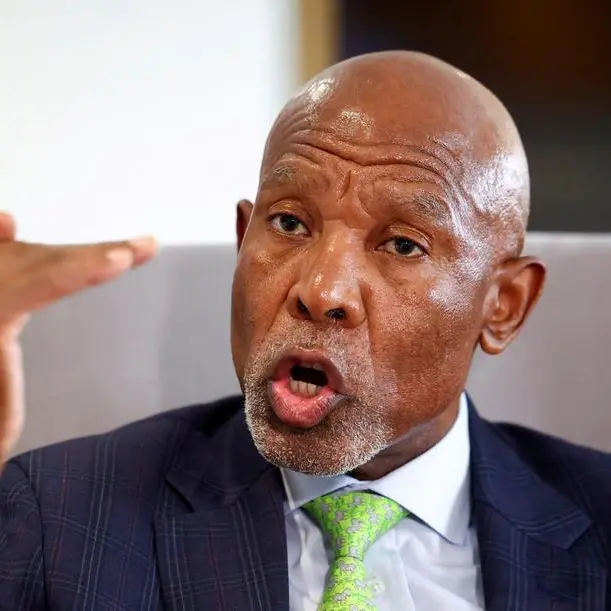PHOTO
Saudi Arabia’s inclusion in the MSCI Emerging market (EM) index and the Aramco IPO will have a long-lasting positive effect on the Saudi market’s overall depth and liquidity profile, Salah Shamma, Head of Investment, MENA at Franklin Templeton Emerging Markets Equity told Zawya.
The listing of Aramco, together with other funding sources should provide meaningful capital to support the government’s various investment plans, Shamma said.
Saudi Arabia entered the MSCI EM index in two phases. The first phase took place in May 2019 and the second on August 31.
The Aramco IPO raised $25.6 billion and kicked off trading of its shares on the second week of December. The state-owned oil giant’s IPO now holds the title of the world’s largest, surpassing the $25 billion record set by China’s Alibaba in 2014.
“However, despite the positive steps we see being taken inside the kingdom, we still feel active international investors remain underinvested in Saudi stocks given its weight and prominence in the region,” Shamma said.
“It is critical that Saudi Arabia continues to demonstrate its willingness to reform and to diversify away from oil, as investors will be keen to see a continuation of the progress already made,” Shamma added.
Saudi Arabia launched in 2016 its Vision 2030, an ambitious scheme with the aim of diversifying the oil-dependent Saudi economy and promoting national development.
“Valuations remain higher than historical averages so it is crucial that fundamentals catch up with rest of the market, which in turn would encourage new investors to add exposure,” Shamma said.
Banking sector outlook
The various investment programmes driven by the kingdom are expected to give a fillip to the banking sector.
“We are cautiously optimistic in 2020. The overall outlook is contingent on overall demand maintaining its upward momentum as well as the government moving ahead with its much-anticipated investment program,” Shamma said.
The government’s spending program is expected to push real GDP growth to 2.4 percent in 2020, compared to 0.9 percent in 2019 and the “much awaited project awards are expected to support construction activity and in turn boost overall credit growth in the kingdom,” Shamma said.
“We believe that the increase in overall credit growth supported by both project lending and a booming mortgage market should counter any adverse effects to overall profits coming from margin compression and zakat taxes,” Shamma added.
Al Rajhi Banking & Investment Corporation, the Kingdom’s biggest listed bank by market capitalisation has added 9.4 percent in the 11 months until the end of November 2019.
“Banks also remain well provisioned against non-performing loans. Capitalisation levels are above regulators’ stringent requirements, leaving potential for increased lending or capital return through higher dividends. Valuations differentials are wide across the sector which provides ample opportunities to active investors such as us,” he added.
(Writing by Gerard Aoun; editing by Seban Scaria, Brinda Darasha)
© ZAWYA 2019





















